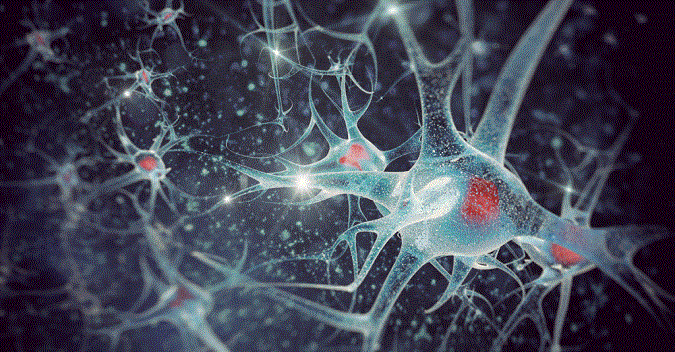On neuroplasticity, cognition, aging, medication, Alzheimer’s, board games, brain teasers, and more
 Welcome to a new edition of SharpBrains e‑newsletter, featuring fascinating research findings on neuroplasticity, cognition, aging, medication, Alzheimer’s, board games, and more, plus some brain teasers to get you in great shape for Halloween.
Welcome to a new edition of SharpBrains e‑newsletter, featuring fascinating research findings on neuroplasticity, cognition, aging, medication, Alzheimer’s, board games, and more, plus some brain teasers to get you in great shape for Halloween.
So … let’s play all three!
“Perhaps Langer’s most provocative advice is reserved for doctors and others who treat illness, mental or physical. When delivering news to patients, she writes, practitioners would do well to present diagnoses and prognoses in tentative ways, allowing for the possibility of being wrong and for more optimistic outlooks. By doing so, she says, practitioners could help patients hold loosely the labels that make them see themselves in fixed ways and become, instead, more mindful, active participants in their own health care.”
Great summary: “… enhancing or modulating plasticity with a biological intervention like medication may not only reduce symptoms but may also provide a window of opportunity for behavioral interventions like psychotherapy to be more effective. Learning-based interventions like cognitive-behavioral or exposure therapy, if properly timed, could harness the enhanced neuroplasticity that biological interventions induce and improve long-term outcomes.”
“…scientists and clinicians worry that Quest hasn’t published any peer-reviewed studies documenting the test’s validity. The company’s preliminary data released at the 2022 Alzheimer’s Association International Conference in San Diego suggests there’s a relatively high chance of false-positive results … Experts also question the usefulness of the test since a positive result (indicating abnormal levels of amyloid in the blood) doesn’t mean an individual will definitely develop Alzheimer’s disease. Amyloid in the brain accumulates slowly over the course of decades, typically beginning in middle age, and becomes more common as people age.”
1. Tiny benefits
2. Side effects
3. High prices
4. Highly selective trials
“…promising result were obtained in that children receiving active treatment showed significant reductions in parent-rated ADHD symptoms compared to those who received sham treatment. … Furthermore, these differences persisted across the 3?week followup.”
 #7. The NHS Confederation releases digital mental health whitepaper
#7. The NHS Confederation releases digital mental health whitepaper
“To do nothing is not an option. If we don’t make more progress we miss a key opportunity to make improvements to mental health services such as improving access; providing early intervention and prevention at scale; implementing new ways of reaching people; and helping to meet the demand supply gap; and at the same time opening up access so that inequalities in access to healthcare and support for mental health are reduced.”
“The digital therapeutics (DTx) industry is at a crossroads after one of the most prominent companies in the space, Pear Therapeutics, filed for bankruptcy earlier this year … there is a movement away from getting these products covered like a pharmacy benefit. Instead, many companies are looking to make deals with the employer market.”
 #9. Celebrate Halloween with nine great riddles about Life and Death
#9. Celebrate Halloween with nine great riddles about Life and Death
Question: What is full of hope, often thought of, but doesn’t exist?
#10. Brain Teaser: What shirt size you need now?
Have a great month of November

 #4.
#4. 
